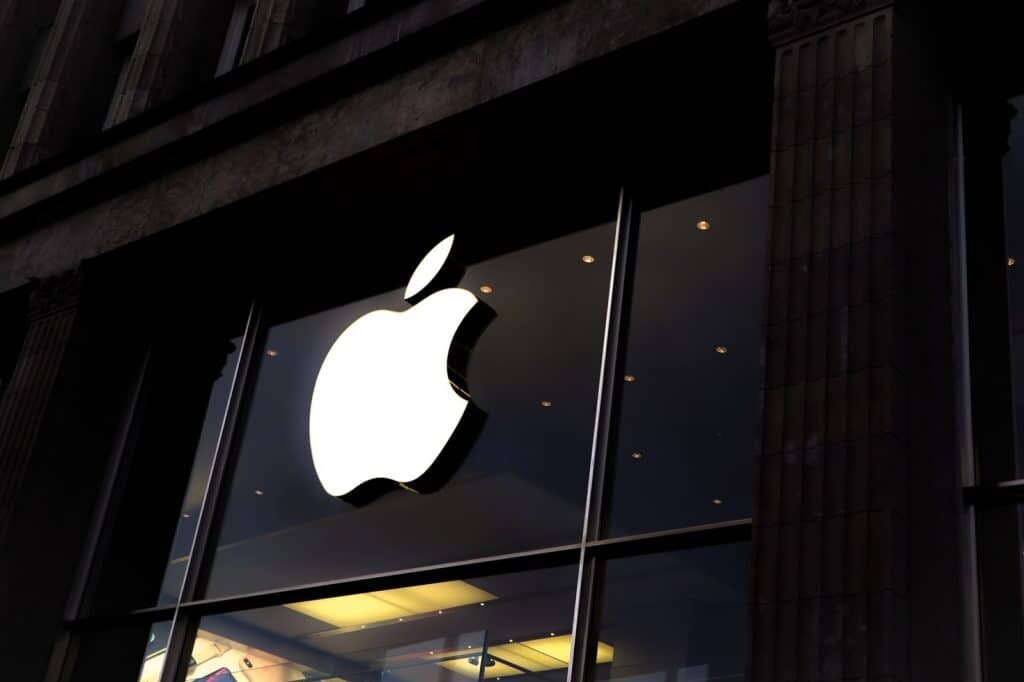Apple App Store Changes Near EU Approval as Regulatory Pressure Mounts
Apple is edging closer to gaining approval from European Union antitrust regulators for its newly proposed App Store changes, according to a recent report by Reuters. The update comes in response to increasing regulatory scrutiny under the EU’s Digital Markets Act (DMA). These changes could potentially shield the tech giant from hefty daily fines that were threatened earlier this year.
New App Store Fees Introduced to Comply with EU Regulations
The most notable aspect of the Apple App Store changes is the new fee structure for developers. According to Apple’s recent announcement, developers who continue to use the App Store for purchases will be charged a 20% processing fee. However, for participants in Apple’s small-business program, this fee may be reduced to as low as 13%.
The tech giant also introduced a new fee range for developers who guide users to make purchases outside the App Store. These developers will now pay a fee ranging from 5% to 15%, depending on the transaction and user behavior. Additionally, developers are allowed to insert unlimited links in their apps directing users to external payment methods, which was previously restricted.
Apple Attempts to Avoid Daily Fines with App Store Policy Updates
The Apple App Store changes come on the heels of a major fine imposed by the European Commission. In April 2025, Apple was slapped with a 500 million euro ($586.7 million) fine for failing to comply with the DMA. Along with the fine, the Commission gave Apple a 60-day window to align its operations with the DMA’s requirements.
According to the EU watchdog, if Apple failed to comply with the stipulated rules, it could face daily penalties of up to 5% of its average daily global turnover. For a company of Apple’s size, that translates to a staggering 50 million euros per day in potential fines.
Apple stated that the changes were designed explicitly to meet the European Commission’s expectations and avoid any additional punitive actions. However, the company has also voiced its concerns, criticizing the regulatory body for interfering with its internal operations and business model.
European Commission Expected to Approve Apple’s Revisions
A report by Reuters, citing sources familiar with the matter, suggests that the European Commission is leaning toward approving Apple’s revised App Store rules in the coming weeks. However, the timeline for final approval is still subject to change, and nothing has been officially confirmed.
Despite the progress, the European Commission has made it clear that all options remain under consideration. A spokesperson for the Commission stated, “We are still assessing Apple’s proposed changes. All options remain on the table.”
Impact on Developers and the Future of the App Economy
The Apple App Store changes are set to significantly impact developers across Europe and potentially influence global app store practices. For many smaller developers, the reduced fee structure under the small-business program may offer some financial relief. However, critics argue that even the revised fees for external payments still give Apple control over developer revenues.
Industry experts believe that Apple’s policy adjustments signal a broader shift in how tech giants will be forced to operate under new regulatory frameworks like the DMA. Other tech companies are also being closely watched as the European Commission tightens its grip on digital platforms.
Conclusion: Apple’s Strategic Move to Comply with the EU
Apple’s strategic decision to revise its App Store policies is seen as a calculated move to comply with the EU’s DMA while maintaining its stronghold in the app marketplace. As final approval from the European Commission appears imminent, the tech world is watching closely to see how this sets a precedent for other companies facing similar scrutiny.
For now, Apple’s timely App Store changes may help the company avoid daily fines, maintain developer relationships, and continue its operations in the lucrative European market without further disruptions.







